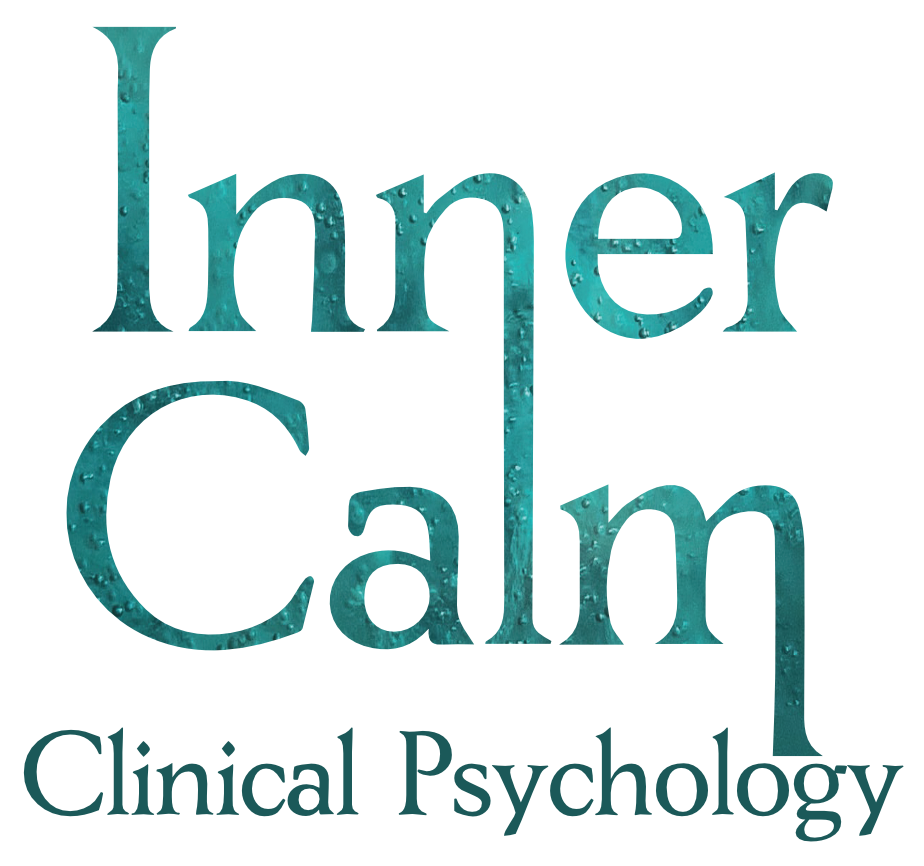By Sam Hillview-Close*
For something that’s meant to be the happiest time of your life, the perinatal period - pregnancy through the first year after birth - can be brutally hard. Not just “sleep-deprived and covered in yoghurt” hard, but emotionally, mentally, heart-achingly hard.
And here’s the thing: if that’s you (or someone you love), you’re not broken. You’re not failing. You’re not alone.
When the Inner Storm Rolls In
Perinatal mental health is a term that covers the emotional wellbeing of parents during pregnancy and the first year postpartum. It’s a time when, biologically, emotionally and hormonally, everything is shifting - and not always gently.
According to Perinatal Anxiety & Depression Australia (PANDA), around 1 in 5 women in Australia experience anxiety or depression during this time. Men aren’t immune either, with some studies suggesting up to 1 in 4 dads experience perinatal anxiety. That’s a lot of quiet suffering, especially in a culture that still whispers “you should be grateful” when someone admits they’re struggling.
Why It Matters
Perinatal mental health doesn’t just affect the person going through it. It can strain relationships, delay bonding with the baby, and influence a child’s early development. And yet, despite how common it is, most people go without help. One study found that up to 70% of Australian parents with significant symptoms weren’t getting any professional support. Not even a check-in.
So Why Don’t More People Speak Up?
There’s no single answer, but a few big ones come to mind: stigma, guilt, fear of judgement, and good old-fashioned lack of access - especially for people in rural or regional areas. And then there’s the unspoken idea that if you’re struggling, you must be doing parenthood wrong.
But it’s not wrong to struggle. It’s just human. And help does exist.
How Psychologists Can Help
Psychologists can offer tools that may help you to manage depression, anxiety, and overwhelm. Think of it less like “treatment” and more like getting proper boots before climbing a muddy hill with a baby strapped to your chest.
Therapy might include cognitive-behavioural techniques, strategies to ease the load, or support for couples navigating new dynamics. It can also be a place to cry without someone saying, “But isn’t this the best time of your life?”
There’s Hope - and Help
Support is growing. The Queensland Government has announced more specialist perinatal mental health beds and expanded services. National organisations like PANDA and the Gidget Foundation are doing brilliant work, offering free helplines, resources, and online support.
It’s not perfect yet. But it’s improving - because people are finally talking about it.
A Kinder Ending
Not every parent glows through pregnancy or finds joy in the newborn haze. That doesn’t make them bad parents. It makes them honest ones.
If you’re in that space - raw, tired, not sure where the light is - know this: you’re not failing. You’re adjusting. You’re doing your best. And help is there when you're ready to reach for it.
Because nobody should have to navigate this storm alone.
* Sam Hillview-Close is a former business executive, public health administrator, Board member, writer and blogger. Sam is also a proud neurodivergent individual.
| If this blog resonates with you and you want to talk to someone, feel welcome to contact us at Inner Calm Clinical Psychology. Remember you don't have to face it alone. When you're ready, we're here to help. |

